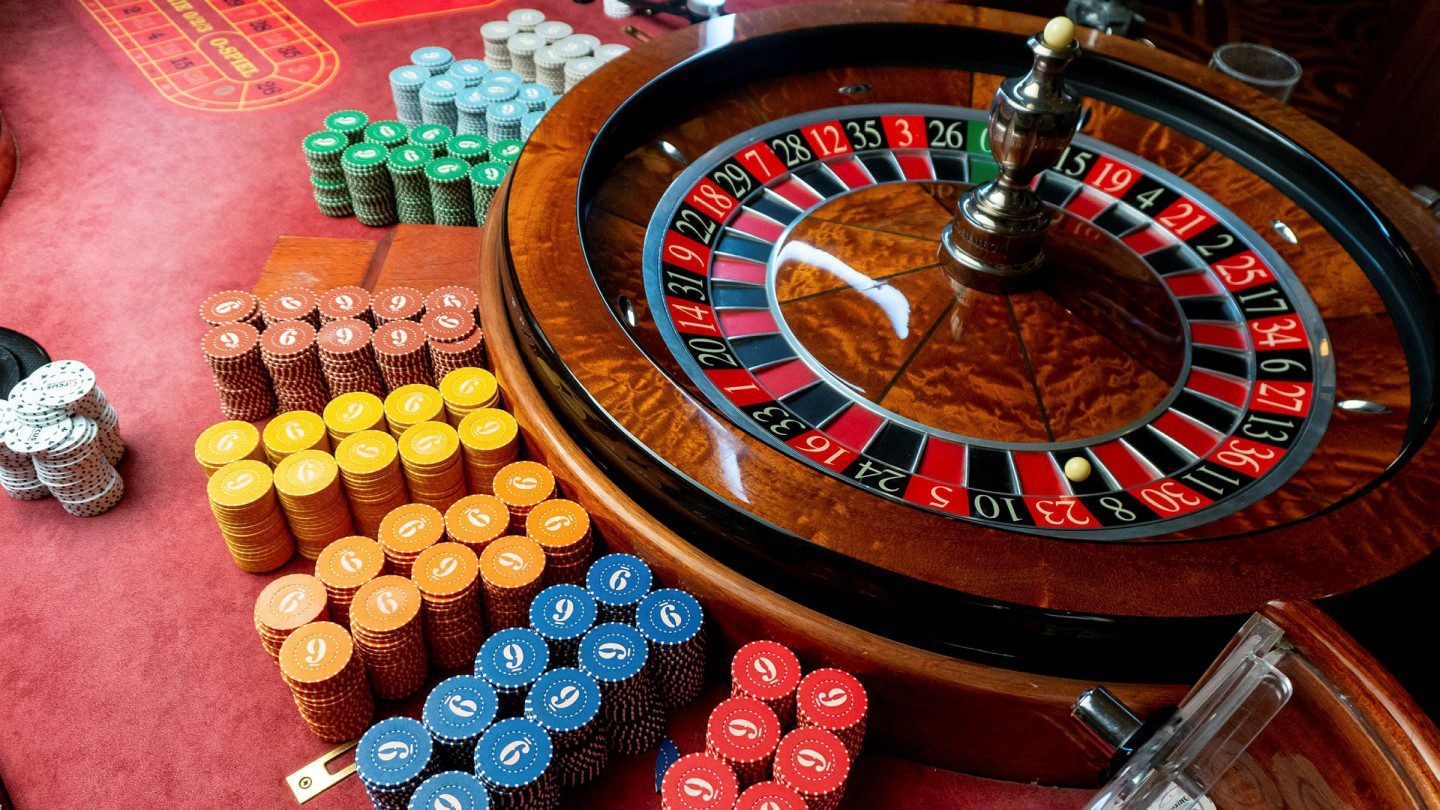
Gambling games have long enthralled gamblers from all parts of society, enticing them into vibrant casinos filled with the sounds of spinning wheels, clattering chips, and cheering crowds. The thrill of chance and the allure of potential winnings create an exhilarating atmosphere that keeps gamblers coming for more. Whether it is the excitement of a slot machine, the strategic play of poker, or the anticipation of a roulette wheel, casino games offer a distinct combination of fun and risk that can be hard to ignore.
At the heart of this fascination lies a psychological pull that varies from person to person. For a few, the rush of hitting a jackpot can elevate their mood, while for others, it’s a social experience that brings friends together. The colorful visuals, engaging sounds, and sometimes lavish environments of casinos greatly improve the appeal, making each visit an experience waiting to unfold. As we explore why gamblers are drawn to these games, we uncover the deeper motivations and emotions that fuel their passion for the betting tables.
Understanding Gambling Psychology
The attraction of casino games frequently derives from the nuanced psychology of gambling itself. Many players find appealing the excitement of risking money for the chance of winning more, as it taps into a deep-seated human desire for excitement and gain. This rush can create a significant emotional experience. The combination of risk and potential monetary gain can stimulate a dopamine surge, making players feel alive.
Additionally, the design of casino games is crafted to maintain players involved. The use of vibrant lights, captivating sounds, and the social setting of casinos can amplify the excitement. Players often find themselves submerged in these spaces, where the anticipation of a win keeps them coming back for more. This sensory overload encourages prolonged play, as the rapid feedback from wins, however small, reinforces the desire to continue gambling.
Finally, mental shortcuts play a major role in gambling behavior. Many individuals fall prey to the misconception of control, believing they can influence outcomes even in games of chance. This belief can lead to excessive confidence and the continuation of play, despite mounting losses. Additionally, gamblers typically remember their wins more vividly than their losses, which can skew their perception and enhance the desire to continue gambling. This intricate interplay between emotions and cognitive factors helps illustrate why so many are drawn to casino games.
A Appeal of Gambling Atmospheres
The environment of a gambling establishment is exceptionally enthralling, pulling in gamblers with its combination of anticipation and eagerness. The visuals and sounds of spinning slot machines, enthusiastic gamblers, and the rhythmic clatter of tokens create an engaging experience that is difficult to ignore. The lively lights and animated arrangement foster a atmosphere of excitement that keeps players invested and motivates them to remain more time. This captivating atmosphere contributes to the overall charm of gambling games, enticing both novice and seasoned gamblers alike.
In addition, gaming establishments are designed to stimulate the senses in a fashion that makes players feel as though they are setting out on a exciting adventure. The strategic placement of games, inviting chairs, and on-the-house snacks enhance the overall value, making visitors feel valued and spoiled. Many gambling spaces also include artistic designs and lavish motifs that transport visitors to various worlds, amplifying the buzz. Such environments foster a notion of liberation, allowing players to disregard their mundane lives and immerse into the thrilling world of chance.
Finally, the existence of other players amplifies the social dimension of gambling, creating a shared rush. Connections among players, either through playful chitchat or shared excitement during a huge success, cultivate a sense of bonding that many find tempting. This social engagement enhances the adventure of playing gambling games, transforming it from a individual endeavor into a joint experience. The mixture of excitement, captivating atmospheres, and communal connections makes gambling establishments an irresistible spot for bettors looking for recreation and a chance to profit.
Understanding Gambling Dynamics
Casino games are designed with specific mechanics that attract players. All games has its unique set of rules, wagering schemes, and probability ratios, allowing players to engage with the game on multiple levels. The thrill of submitting a bet and the anticipation of the outcome creates an exciting atmosphere. Grasping these mechanics can enhance a player’s appreciation for the game and elevate their overall experience.
A further crucial aspect of game mechanics is the idea of randomness. Many casino games, especially poker machines and table games, rely on random number generators or shuffling to determine outcomes. This randomness is what keeps players revisiting; the unpredictable nature of the game creates a feeling of anticipation and excitement. Knowing that each spin or hand is independent of the last enhances to the appeal, as players perceive they have a chance at winning, regardless of past outcomes.
In conclusion, the emotional response tied to game mechanics should not be overlooked. The excitement of a big win or the tension during decisive moments are essential to the enjoyment of casino games. These emotional highs and lows leverage psychological triggers that keep players engaged for prolonged periods. Comprehending these emotional responses to game mechanics can help explain why individuals are attracted to the thrill of casino games, persistently seeking that upcoming exhilarating moment.
bookmakers not on GamStop
